Description
Zinc deficiency is a widespread concern for people around the world – nearly 1 in 3 individuals may be deficient. Because the signs of a zinc deficiency mimic those of other common disorders, it’s often overlooked.
Even if you’re getting enough zinc in your diet, certain conditions can keep you from absorbing and utilizing this vital mineral. Stress, pregnancy, eating a vegetarian diet or one that’s high in grains, legumes, seeds and nuts, and simply being over 60 puts you at a higher risk of being deficient.
Zinc plays a critical role in immune function, healthy cell growth, and a healthy inflammatory response, so you want to make sure a zinc deficiency isn’t affecting your health.*
Selenium is another mineral that may be just as important as zinc for healthy cells and overall health support.* However, when it comes to supplements, not all selenium supplements are the same.
Studies show that a specific form of standardized selenium-enriched yeast is a more effective form. It is the full protein form of selenium compared with a single amino acid form like selenomethionine, which is more commonly found in selenium supplements and in multivitamins.
This bioavailable fermented yeast (contains no unhealthy active yeast!) is able to accumulate and incorporate selenium right into the protein structure. This helps to significantly reduce the biomarkers for oxidative stress in your body.*
Many parts of the U.S. as well as Europe, Australia, Russia, New Zealand and China have low soil levels of selenium, increasing your risk for deficiency.
Because supplementing with any type of zinc can reduce your copper, an important micronutrient, we’ve added a very small amount of copper to our Zinc Plus Selenium.
Your age, your diet, your current health status, your lifestyle, and even your zip code may be placing you at a greater risk for a zinc or selenium deficiency or both.

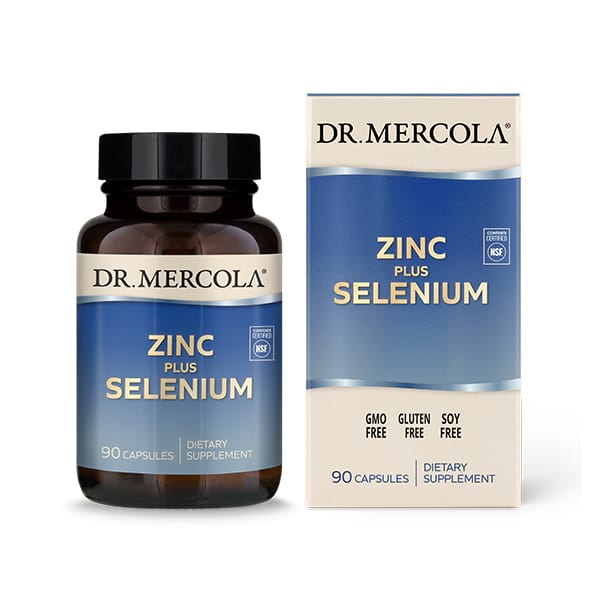
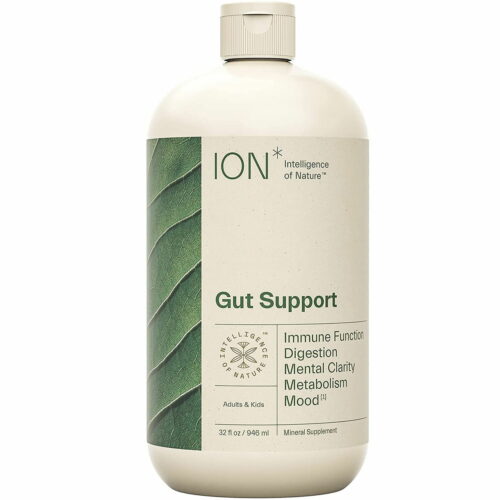
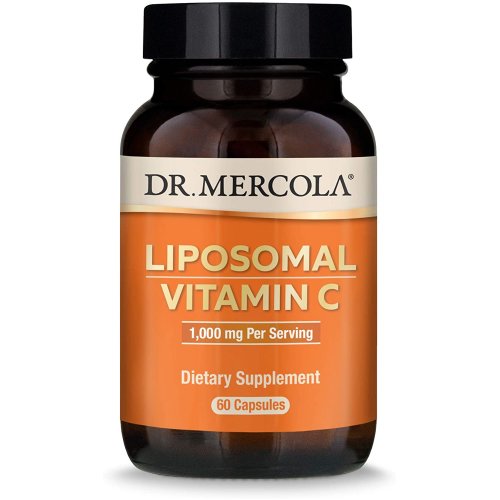
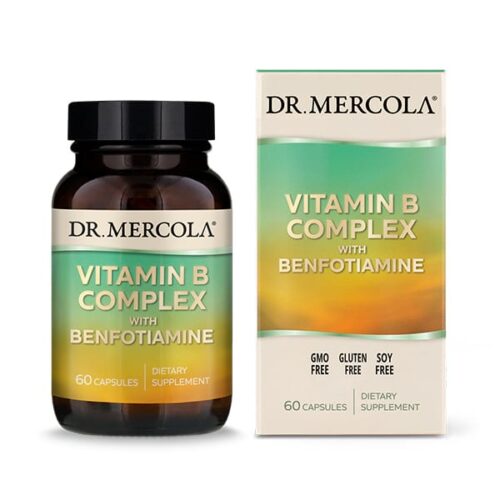
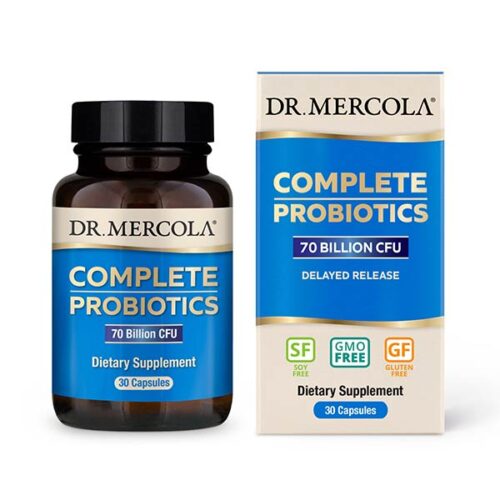

Reviews
There are no reviews yet.